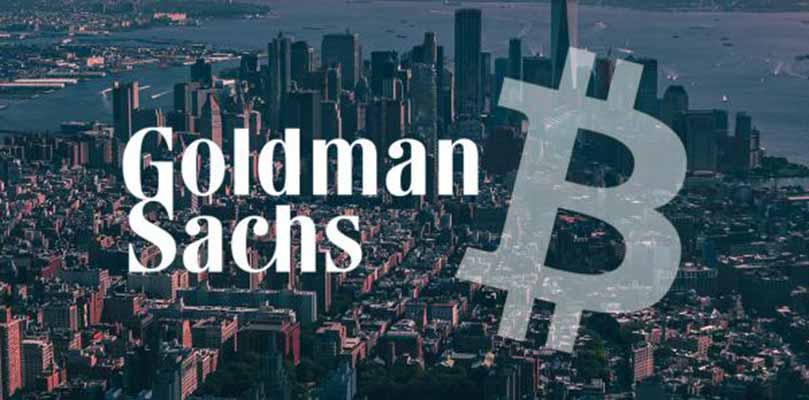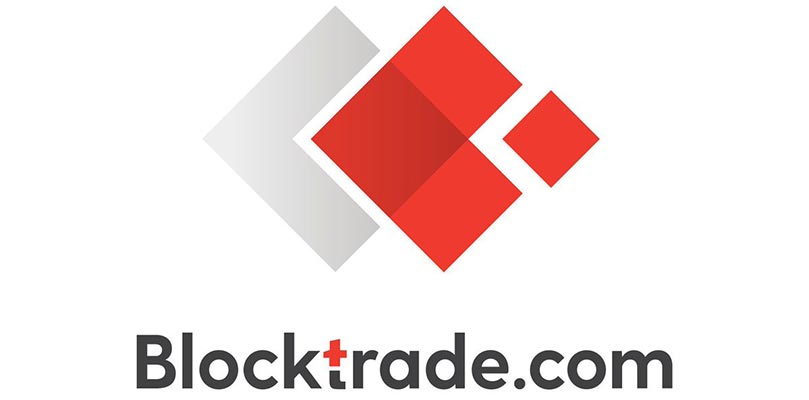Cryptocurrency-only casino, CryptoSlots.com is once again all the buzz in the online gaming scene thanks to its new innovative original slot machine title known as Coin Rush. The new slot game lets players spin through familiar cryptocurrency symbols in a bid to make winning combinations across 20 active paylines. Naturally, the bitcoin logo is the highest paying Coin Rush symbol, but players will also be in for some big wins if their combinations include Litecoin, Monero or any other high-value coin in the slot game. In a typical sense, all of Coin Rush’s symbols have values that correspond to what they are actually worth in the real world.
Launched in May this year, the Slotland Entertainment backed CryptoSlots.com debuted with a robust selection of outstanding slot machine and video poker titles all, all of which were proven to be provably fair. Just like the online casino’s all other offerings, Coin Rush is packed with tons of bonus extras that include Free Spins gifting up to 99 bonus rounds as well as several Double Wild Symbols.
“Our casino is perfectly tailored to the wants and needs of the crypto community,” CryptoSlots manager, Michael Hillary, commented on the new product. “Our players will love the theme of this new game, and its generous Free Spins Bonus.”
Coin Rush and the entire website, in general, is great for crypto users since, unlike many other online casinos, the players will only be required to provide their email address and consent to a prompt asking them if they are of the legal gambling age. Other than the unmatched level anonymity that the site is offering, players will also be able to access extremely fast payouts through BTC, Bitcoin Cash and Litecoin – more are expected to be added for Coin Rush gaming soon.
BTC HEAT Debuts Free Bitcoin Slot Games
BTC HEAT is a newly launched online gaming site that allows players to enjoy free slots and other market investment games. On signing up, the players are given free spins which they are allowed to refill every three hours. But that is not even the best part.
While players do not need to make any deposit at BTC HEAT, they are given the chance to win real bitcoin (BTC) which can then be withdrawn to specific wallets. How is this possible? Well, BTC HEAT monetizes the site through ads, that is, it displays videos, graphics, and offers. The profits gotten from these advertisements are then put in the main prize pool. The more players spin the reels, the more they add to the site’s pool and this gives them an even higher chance of winning some bitcoin.
Signing up is also pretty easy as all that the players need is a valid bitcoin wallet address – this makes it a very safe gaming platform as players do not have to give out their personal information in order to play. Moreover, the anonymity the site offers is incredibly appealing, especially for gambling and crypto enthusiasts.









